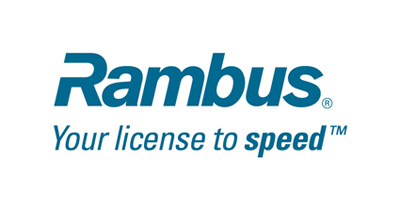Rambus Wins Brutal Patent Fight Against Nvidia
Patent fights are a Rambus specialty.
Earlier this year, the U.S. International Trade Commission ruled that Nvidia violated three of five patents held by Rambus which could lead to a possible U.S. ban on the import of some Nvidia products.
At that time, Nvidia was waiting for a decision from the U.S. Patent and Trademark Office later this year on whether or not Rambus has full claim to some of the patents involved in the current dispute with Nvidia.
Just yesterday the U.S. ITC in Washington ruled that Nvidia chips did infringe on three Rambus patents and issued an order to ban the import of such chips. Through an agreement with the European Union, however, Nvidia can still sell the chips at a pre-agreed upon rate. By paying the rate in accordance to the European Commission, Nvidia sidesteps the ITC order that blocks the company from selling its product.
Nvidia said in a statement: "This mixed ruling, which rules in favor of Rambus on three patents and in favor of NVIDIA on two, affirms the administrative law judge's previous decision. There will be no impact on our customers, or our business, as a result of this ruling. We intend to take advantage of the mandatory European Commission License that is available. This will allow us and our partners to continue our business under the terms of that license and prevent the enforcement of any exclusion order. In the meantime, we intend to appeal the case to the Federal Circuit Court of Appeals and continue to press our arguments on these patents before the USPTO."
The ban order by the ITC is also subject to review by U.S. President Barack Obama.
Rambus was pleased with the decision. "The ITC's decision is another demonstration of the value of our continued commitment to innovation," said Thomas Lavelle, senior vice president and general counsel at Rambus.
According to Bloomberg, Rambus got about 96 percent of its $113 million in revenue last year from patent licensing royalties.
Get Tom's Hardware's best news and in-depth reviews, straight to your inbox.
The ITC case also named Nvidia partner OEMs, including HP for its computers and Asus for its motherboards. The case ordered the parties to post a bond of 2.65 percent of the value of the products that companies wish to import.
Check out some of the official documents below, if you're interested.
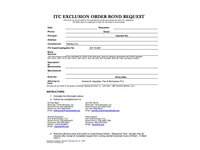
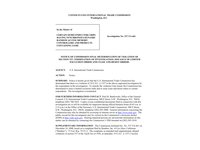
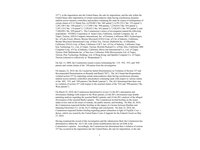
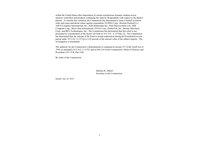
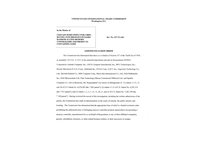

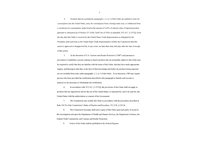

-
tethoma Every old tech geek knows that Rambus was proprietary memory that costs twice as much as equivalent memory, and it was abolished from ALL PC's by 2003.Reply
Who the hell is Rambus now? -
Nightsilver Seriously, Rambus? I didn't even know the company still existed. Bunch of scavengers.Reply -
danlw 96% revenue from patent licensing royalties? Definitely a patent warehouse and not much of anything else. They earn a spot on my list of most disliked companies, along with Monster Cable, Bose, Comcast, and Apple.Reply -
blurr91 "According to Bloomberg, Rambus got about 96 percent of its $113 million in revenue last year from patent licensing royalties."Reply
Wow...a company that survives on suing others... Words fail me. -
duckmanx88 danlw96% revenue from patent licensing royalties? Definitely a patent warehouse and not much of anything else. They earn a spot on my list of most disliked companies, along with Monster Cable, Bose, Comcast, and Apple.Reply
if you're adding companies that have failed/ripped off consumers or have trolled you can add just about every other tech company on there. they've all done it at some point.
-
thedreadfather Reply"The ITC's decision is another demonstration of the value of our continued commitment to innovation," said Thomas Lavelle, senior vice president and general counsel at Rambus.
Explain to me how blocking the sale of microchips helps innovation. It isn't like nVidia is stealing revenue from Rambus but rather Rambus stockpiling patents to cash in. What a tool. -
wawa sxm duckmanx88if you're adding companies that have failed/ripped off consumers or have trolled you can add just about every other tech company on there. they've all done it at some point.Reply
yes but rambus strategie is to file patents then sue with no intention to ever release a product
